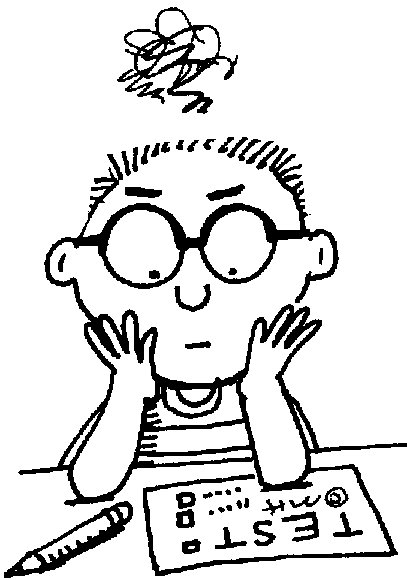[fusion_builder_container hundred_percent=”yes” overflow=”visible”][fusion_builder_row][fusion_builder_column type=”1_1″ background_position=”left top” background_color=”” border_size=”” border_color=”” border_style=”solid” spacing=”yes” background_image=”” background_repeat=”no-repeat” padding=”” margin_top=”0px” margin_bottom=”0px” class=”” id=”” animation_type=”” animation_speed=”0.3″ animation_direction=”left” hide_on_mobile=”no” center_content=”no” min_height=”none”]
Robert struggles academically. He often requires the concept to be explained in a one on one setting 3-4 times before truly getting it. And if we only assessed his value on growth in academics, we’d probably rank his growth as mostly stagnant.
The truth is that Robert (not his real name) is a highly talented musician and performer that captivates his fellow students. While he struggles at writing and presenting research papers he excels at putting together song lyrics and performing them on stage. I’m inspired each and every time I hear him perform!
Some of Robert’s growth from year to year would likely show up in some of his test scores, but if that’s all we rely on we’d miss the extraordinary growth in non-tested subjects. With that in mind, it’s important for us to also find alternative ways to measure growth in important areas outside the core subject areas, such as visual arts, music and theater.
I want to make a quick note; my original intent was to write a second piece about Value Added Modeling (VAM), the most often used growth assessment tool in the US, and a third about a local alternative to VAM. However in my research on VAM I discovered to the picture is murkier than I anticipated and as such I’m turning it into a long term project. That said, I still want to highlight an excellent example of growth that doesn’t use VAM created right here in Memphis, Tennessee that we could use to capture Robert’s growth outside the bounds of core subject testing.
Within the last two years a group of fine arts teachers came together in Memphis to create an alternative to VAM assessments, called the Fine Arts Portfolio Model. This model requires teachers to collect purposeful samples of student work over the course of the year to demonstrate how teachers were able to growth their students from beginning to end.
The portfolio is then reviewed by a board of peer reviewers that look through each portfolio and grade it based on a predetermined scoring rubric specifically tailored to subjects like dance, theater and music and must align with state standards. Teachers are given a growth score on a scale of 1-5, similar to the scores received by teachers in tested subjects. You can see the score distributions from last year below:
This system has proved so popular in Memphis that the state of Tennessee is considering adopting it for the entire state, along with a similar system for world-language and physical education teachers.
From a teacher standpoint this system is fantastic because it allows teachers in non-tested subjects to still demonstrate student growth. Teachers no longer have to take the test scores of their entire school simply because they do not teach a tested subject. They can now submit work that demonstrates their own individual growth.
But why stop there? If this model continues to expand and be successful, it could also serve as an alternative for currently tested subjects. English teachers, what if some or all of your growth scores could come from evaluations of writing samples that showed students growth over the year? Math teachers, what if you could use project based learning to show student skill acquisition during the year? If used correctly, this type of growth measure approach could possibly serve as the framework for a whole new generation of courses designed around the concept of project-based learning.
I still believe in the necessity of standardized tests, at least for the core subjects. But we should explore alternative methods for measuring student growth as well. This model isn’t perfect, as the creators note. It has only been tried with 435 educators in three cities. But for those who, like me, believe in the necessity of a student growth measure, this system holds considerable promise for both tested and non-tested teachers alike.
The fine arts growth measures system has been developed by a cohort of many arts educators and contributors. All Rights Reserved. If you are interested in using the system, or aspects of the system, for your your content area, school district, or state department, please contact Courtney.Seiler@tn.gov o rdrudavison@gmail.com. [/fusion_builder_column][/fusion_builder_row][/fusion_builder_container]



